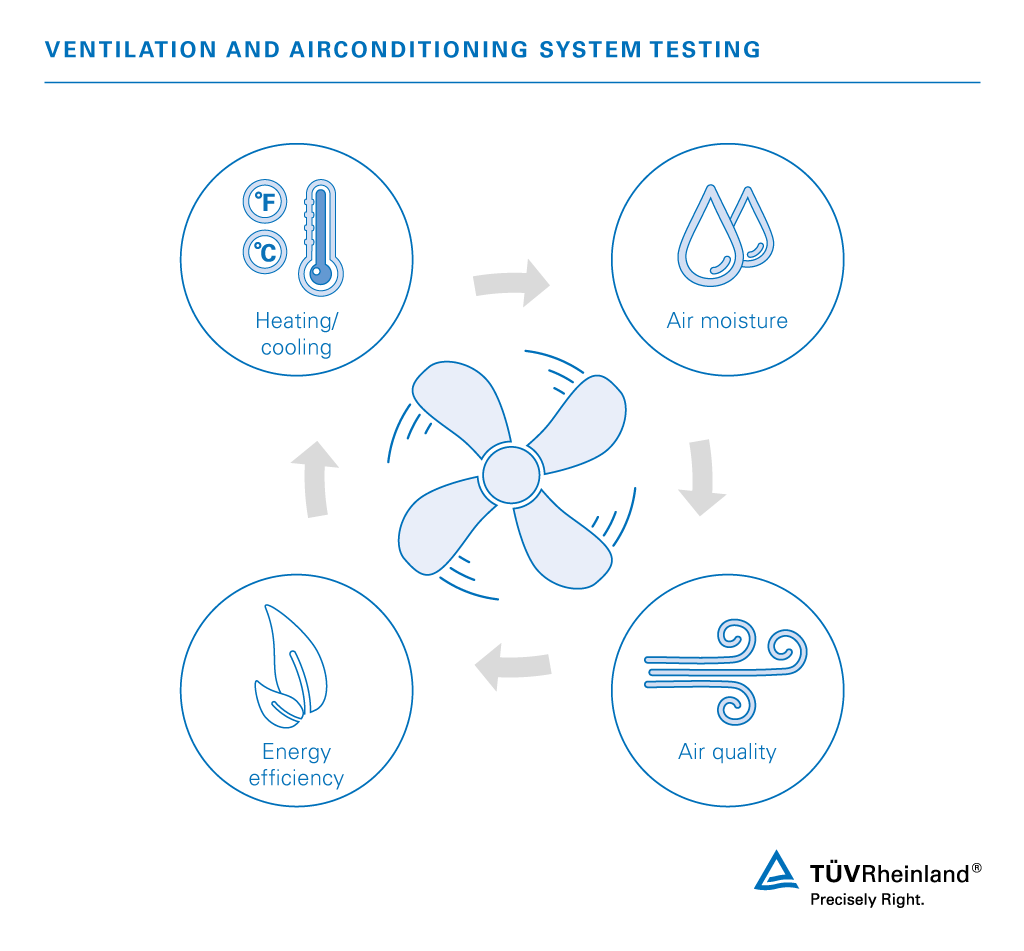
Ensuring Peak Performance: The Role of HVAC System Inspection
Regular HVAC system inspection is a fundamental practice for maintaining optimal performance and extending the lifespan of heating, ventilation, and air conditioning systems. This article explores the importance of thorough inspections, covering the benefits they bring to both residential and commercial spaces, and the key elements involved in the inspection process.
Preventive Maintenance: The Foundation of System Longevity
HVAC system inspection serves as a cornerstone for preventive maintenance. Regular assessments enable technicians to identify potential issues before they escalate, preventing costly repairs and system breakdowns. By addressing minor concerns during inspections, property owners can extend the lifespan of their HVAC systems, ensuring consistent and reliable performance.
Efficiency Optimization: Identifying and Resolving Inefficiencies
Efficiency is paramount in HVAC systems, and inspections play a crucial role in optimizing performance. Technicians examine the system’s components, such as filters, coils, and fans, to identify any inefficiencies. Cleaning or replacing components that hinder efficiency ensures that the system operates at its best, contributing to energy savings and lower utility costs.
Air Quality Assurance: Addressing Indoor Environmental Concerns
HVAC system inspections go beyond mechanical considerations; they also address indoor air quality. Technicians examine ventilation systems, air filters, and ductwork to ensure they are clean and free from contaminants. This attention to air quality is vital for creating a healthy indoor environment and minimizing respiratory issues for occupants.
Safety Checks: Identifying and Mitigating Potential Hazards
Safety is a top priority during HVAC system inspections. Technicians conduct thorough safety checks to identify and mitigate potential hazards. This includes examining electrical components, gas connections, and combustion systems. Addressing safety concerns during inspections ensures that the HVAC system operates securely, protecting both property and occupants.
Energy Efficiency Enhancement: Aligning with Environmental Goals
In a world increasingly focused on environmental sustainability, HVAC system inspections contribute to energy efficiency goals. By identifying and rectifying issues that contribute to energy waste, inspections align with broader environmental initiatives. Property owners can reduce their carbon footprint and contribute to a greener future through regular HVAC system assessments.
Comprehensive Evaluation: Assessing the Entire System
Effective HVAC system inspections involve a comprehensive evaluation of the entire system. Technicians assess not only the major components but also the controls, thermostats, and the overall system integration. This holistic approach ensures that every aspect of the HVAC system is functioning cohesively for optimal performance.
Cost Savings: The Financial Benefits of Regular Inspections
While some property owners may view HVAC system inspections as an additional expense, they prove to be cost-effective in the long run. By identifying and addressing issues early on, inspections prevent major breakdowns that could result in expensive repairs or premature system replacements. The financial benefits of regular inspections far outweigh the potential costs of neglecting maintenance.
Customized Maintenance Plans: Tailoring Inspections to Needs
Every HVAC system is unique, and effective inspections recognize this diversity. Establishing customized maintenance plans allows technicians to tailor inspections to the specific needs of each system. This approach ensures that the inspection process aligns with the requirements of the particular HVAC setup, maximizing its efficiency and longevity.
HVAC System Inspection: A Link to System Reliability
For those committed to the reliability and longevity of their HVAC systems, HVAC System Inspection offers the link to comprehensive and professional assessments. By prioritizing preventive maintenance, efficiency optimization, and safety checks, this service ensures that HVAC systems operate at peak performance, providing comfort, air quality, and cost savings for property owners.
Conclusion: Proactive Maintenance for Lasting Performance
In conclusion, HVAC system inspection is more than a routine check; it is a proactive approach to maintaining lasting performance. From preventive maintenance and efficiency optimization to safety checks and cost savings, inspections play a pivotal role in ensuring that HVAC systems operate reliably and efficiently. By establishing a link to professional inspections, property owners invest in the sustained comfort and functionality of their heating, ventilation, and air conditioning systems.




